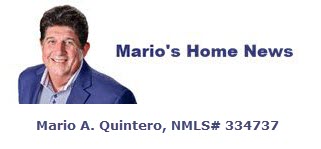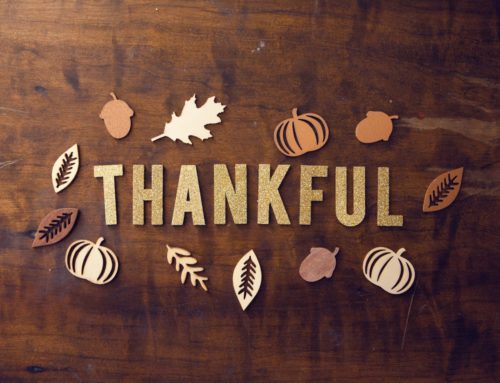Since 2015 the Federal Reserve has hiked up interest rates 8 times.
However, in 2018 we saw the largest spike. The interest rate was raised three times and will continue to do so. What does this mean for 2019?
The increase in interest rates was enacted to avoid inflation, but in an economy that is doing well, with low unemployment and a stable labor market, how does this increase affect us? Mainly, the increase affects the way individuals and companies can access credit to make purchases, or finance other financial activities. In other words, it will cost more to get the capital needed for purchases and business operations.
Here are the major things to keep an eye on as interest rates go up:
- The Prime rate is the rate a bank gives to its most creditworthy customers, and it is used to set the rates for credit cards and other types of borrowing when the interest rate increases the prime rate does too. So, both the fixed and variable rates used by banks will increase and this means it will cost you more to borrow money from them.
- Credit card rates will also experience a hike as this “short term” borrowing will have even higher interest rates.
- The US National Debt will also increase, therefore the nation will end up paying around 2.9 trillion more than if rates would have remained lower.
- Auto and Mortgage loans will also suffer as the interest rate will go up as well, meaning the housing market might experience a drop as buyers do not want to get into a higher interest mortgage.
- Business profit will suffer because it will cost companies more money to borrow the capital needed to expand.
- Consumer spending will experience a downturn too as credit card rates increase.
- As interest rates rise, money market accounts and credit deposits (CD’s) rates will also increase. This will generate a higher and positive return on earnings.
- Bank stock tends to perform well when interest rates hike and this is favorable for the stock market.
In addition to the list above, the rise in interest rates also affects the price of groceries, gas, and other basic items you need on a day to day basis.
Basically, if you tend to save more than you spend, you will benefit from the interest spike. But if you are a borrower, you will be affected especially if you have a variable rate. If you have a high credit card debt try to transfer the balance to a 0% offer and try to pay it off as quickly as you can.
There is nothing one can do to prevent the effects of the Federal Interest Rate hike, except wait to see how the economy and consumer confidence reacts to these increases.




